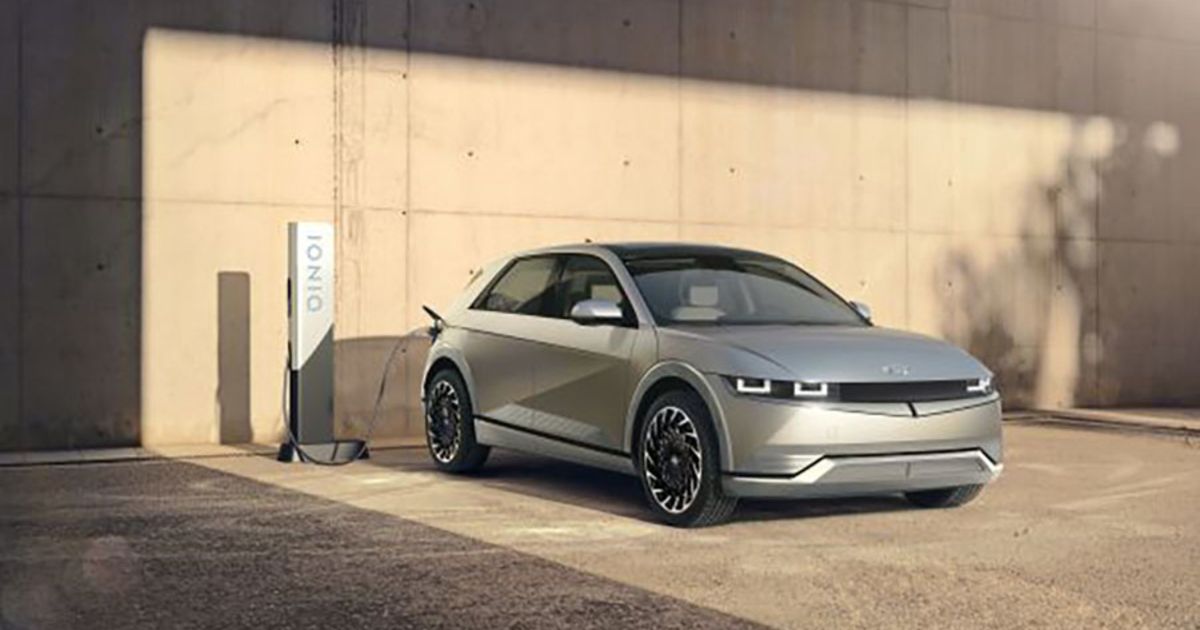
Mainstream automakers are finally taking electric vehicles mainstream.
While early adopters learned to love their little electric hatchbacks despite limited range and limited space, automakers are now focused on the vehicle body styles that American consumers want: crossovers, SUVs and pickups that match up favorably to combustion-engine rivals in style and utility, while closing the range gap.
“If you rewind back a decade ago, options for pure EVs were quite limited,” said Robby DeGraff, industry analyst at AutoPacific. “Besides the pricey Tesla Model S, we only had Mitsubishi’s i-Miev and the first Nissan Leaf — both of which looked like somewhat dorky, obscure hatchbacks that returned not very desirable range.”
Thankfully, DeGraff said, “that list is a lot longer now, as more automakers have tapped into the growing need and consumer demand for EVs.” They have also tapped into much larger battery packs for longer drives on a single charge.
The compact-crossover EV segment now includes the Tesla Model Y, Ford Mustang Mach-E, Volkswagen ID4, Hyundai Ioniq 5, Kia EV6, Audi E-tron, Volvo XC40, Polestar 2 and Jaguar I-Pace.
Ford is launching the F-150 Lightning pickup this year, Chevrolet is following with the Silverado EV pickup next year, and Tesla’s Cybertruck pickup could arrive by 2023.
The new wave of EV models is finding eager consumers willing to sign up on waiting lists for hot new products.
According to data by financial services company Experian, EV registrations grew by 91 percent last year to 481,677. Edmunds estimates that EV sales will reach a record 600,000 vehicles in the U.S. this year for a 4 percent market share.
Tesla still dominates the EV market, but Edmunds expects its market share of EVs to fall to 46 percent this year from 71 percent last year as consumers are drawn to vehicles such as the F-150 Lightning and soon-to-launch models from EV newcomers such as Cadillac and Genesis.
Experian put the Model Y crossover as the top EV in the U.S. last year with registrations rising 137 percent to 169,325, according to data released this month. The Tesla Model 3 sedan was second with 151,599 registrations, Experian said. But some non-Tesla models managed significant numbers for the first time.
The Mustang Mach-E crossover had 25,695 registrations last year, Experian said, compared with 521 when it launched in 2020. The ID4, a new crossover for 2021, notched 16,407 registrations.
EV startup Rivian had 760 registrations of its R1T pickup. And the new GMC Hummer pickup managed its first 10 registrations, according to Experian. Lucid owners registered 103 of its limited-edition launch vehicle, the Air sedan.
Older EV nameplates also advanced last year. Registrations of the Chevrolet Bolt grew 18 percent to 23,078 despite a factory shutdown because of a battery recall. Registrations of the Leaf grew 65 percent to 14,779, Experian said.
But the trend toward electric crossovers, SUVs and pickups will only accelerate, DeGraff said, as consumers embrace a new technology that allows for better performance and greater flexibility when it comes to exterior styling and interior space.
“Take the Mustang Mach-E,” DeGraff said. “People love its engaging on-road driving dynamics that match its muscular persona and make it such an appealing choice.”
The F-150 Lightning also looks like a future hit thanks to its clever adaptation of the traditional pickup shape with modern EV touches like the huge front trunk.
Meanwhile, Korean automakers under the Hyundai Motor Group are just now catching consumer attention with the Ioniq 5 compact crossover launched in December and the Kia EV6 that went on sale this month.
“Both those crossovers are prime examples of just how creative and cutting-edge EV styling can and should be,” DeGraff said. “The days of boring EVs are far gone.”